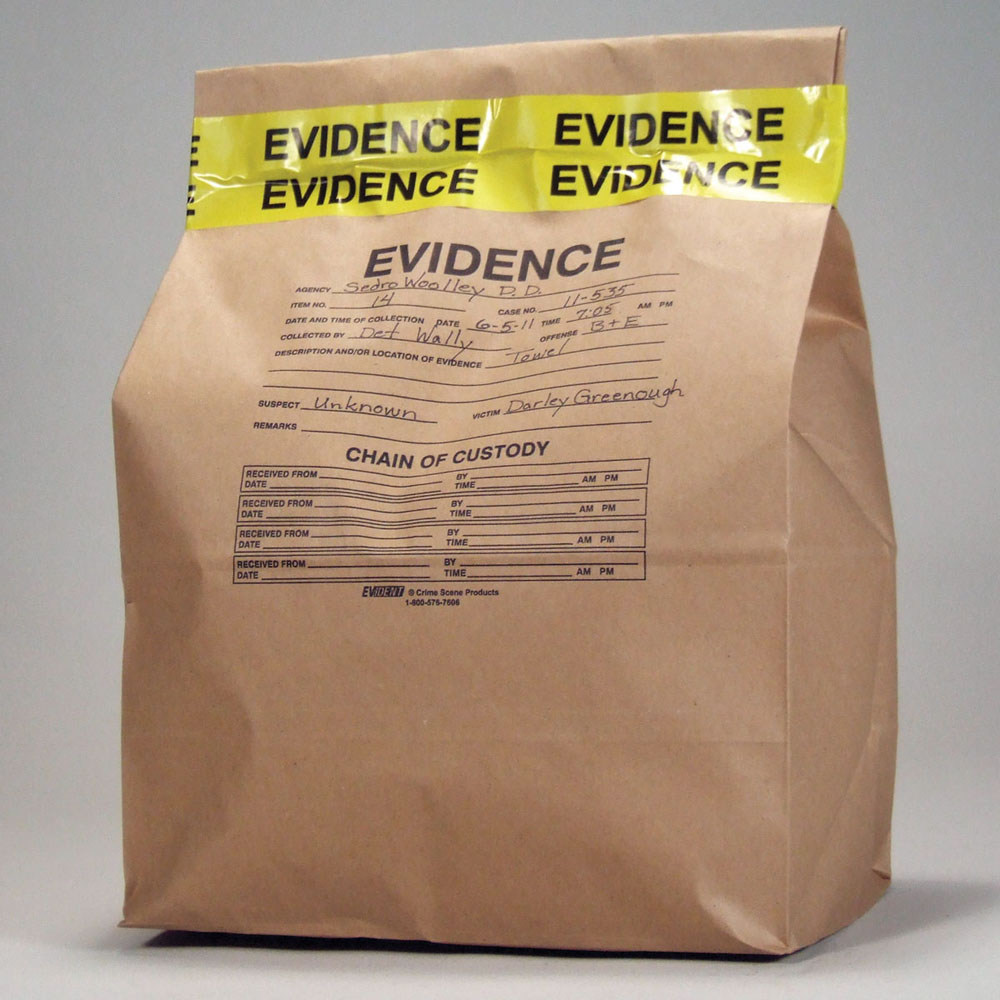The Constitutional Right to Full Disclosure

When a person is accused of a crime they are entitled to full disclosure of the case against them. What does this mean? It means that you are entitled to all evidence and information in the possession of the state (the Crown and the police) that is possibly relevant to your case. You are not entitled to irrelevant information. Usually it is very clear what is relevant and what is not however sometimes a dispute may arise between the defence and the Crown about this and the usual procedure is for the defence to make an application to the court for an order that mandates the Crown to disclose it. It is then basically up to the judge to decide if the evidence or information being sought by the defence is relevant. A person accused of committing a crime is entitled to certain information and evidence. The prosecution’s responsibility of evidence disclosure is normally ongoing and does not end when a trial begins. This means that if the Crown learns something about the case that is relevant to the defence and that could either help or hurt the defence’s ability to successfully defend the charge, the Crown must disclose it. The only exception to the Crown’s obligation to disclose everything that could be relevant is if the information is privileged. The most common type of privilege claimed by the Crown is informant privilege, which will be dealt with in far more detail in a soon to be released blog post.
What about information that is not in the hands of the state? This information is subject to another type of disclosure application and is somewhat more difficult for the defence to obtain. For example, therapy records of a person who is alleged to have been sexually assaulted can often provide an excellent source of attack for the defence in a sexual assault case. However because this material is not in possession of the Crown (it is held at the therapist’s office) the defence is require to make what is often referred to as a third party records application. This also will be dealt with in more detail in a future blog post.
Examples of things that should be disclosed in virtually every case by the Crown
-The police report is the first item that should be disclosed before a trial.
-Transcribed and audio/video copies of all statements obtained by the police during the investigation including any statements made by the accused person.
-Photographs of the crime scenes, surveillance cameras for the scene of the crime or video created by the cameras inside the police station and the police cars.
-Criminal record of the accused and any major witnesses in a case
-Notebook notes made by the police officers involved in the investigation.
-Any documents the Crown intend to get into evidence at the trial
-Complete witness list of people the Crown is planning or considering calling at trial
-Copies of scientific tests such as forensic evidence, physical examinations, and medical tests that the prosecution intends to use at trial
In case you are convicted for a crime you did not commit and want to appeal or are facing criminal charges of any kind, Julian van der Walle is the attorney to hire. With two offices in the Okanagan, Mr. van der Walle has appeared in criminal trials all across British Columbia and Alberta. Hiring a renowned and experienced lawyer such as Julian van der Walle, can make the difference between your freedom and jail time.
photo credit: Dreamstime
Related Stories
Does drug addiction cause more crime?
Many in Canada often associate drugs with crime, and in many cases, the possession or use of drugs is itself a crime. More recently, a spotlight has been placed on drug-related incidents due to the opioid crisis afflicting the nation. Sociologists have spent...
Why You Should Hire a Vernon Criminal Defense Attorney
As a whole, the Canadian justice system is very fair. The accused enjoy the right to be present and be heard in court, the right to remain silent, and the right to representation by legal counsel. That last right is one of the most important rights of all. This...
Bad IRP Decision? What Can You Do About It?
Bad IRP Decision? What Can You Do About It? Drivers who are caught driving under the influence by the police may receive an Immediate Roadside Prohibition (IRP) on driving. An IRP is a temporary driving suspension that prevents the recipient from driving for a...
REQUEST A FREE CONSULTATION
Call 1.877.212.9645
Or fill out the form below to receive a free and confidential initial consultation.
